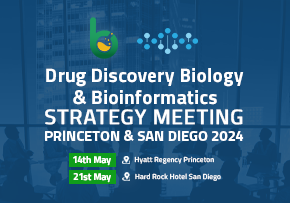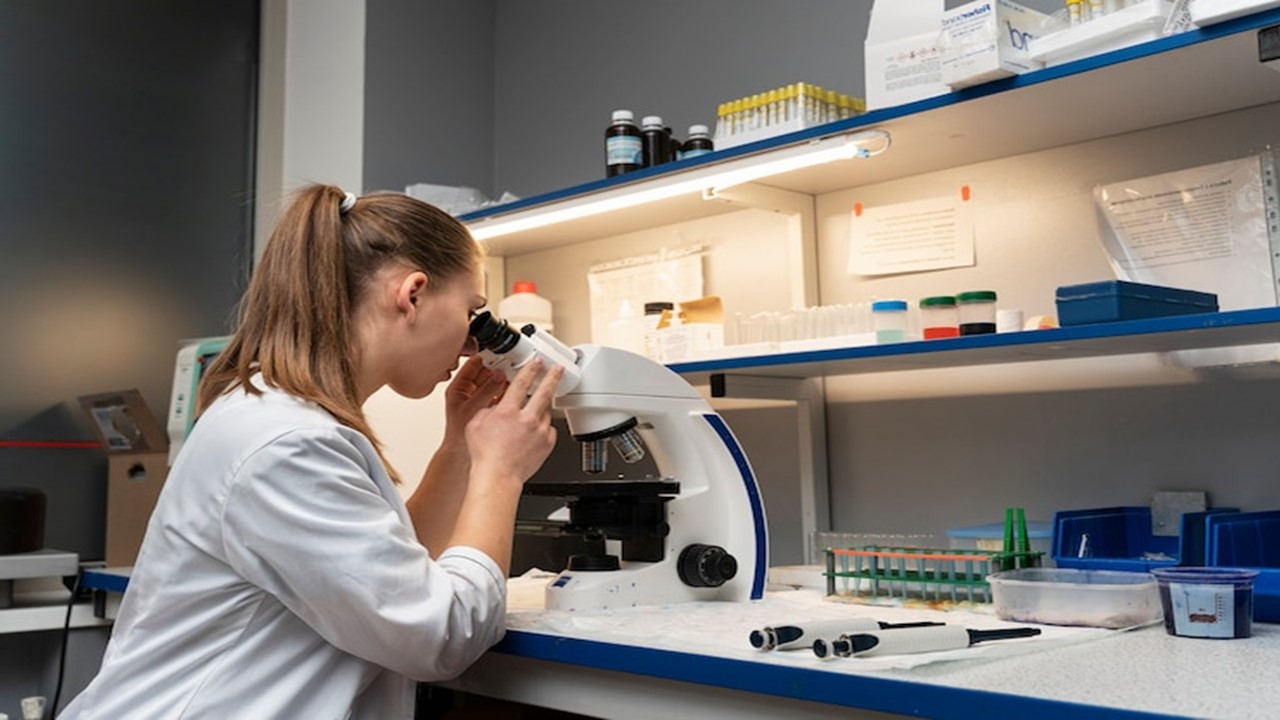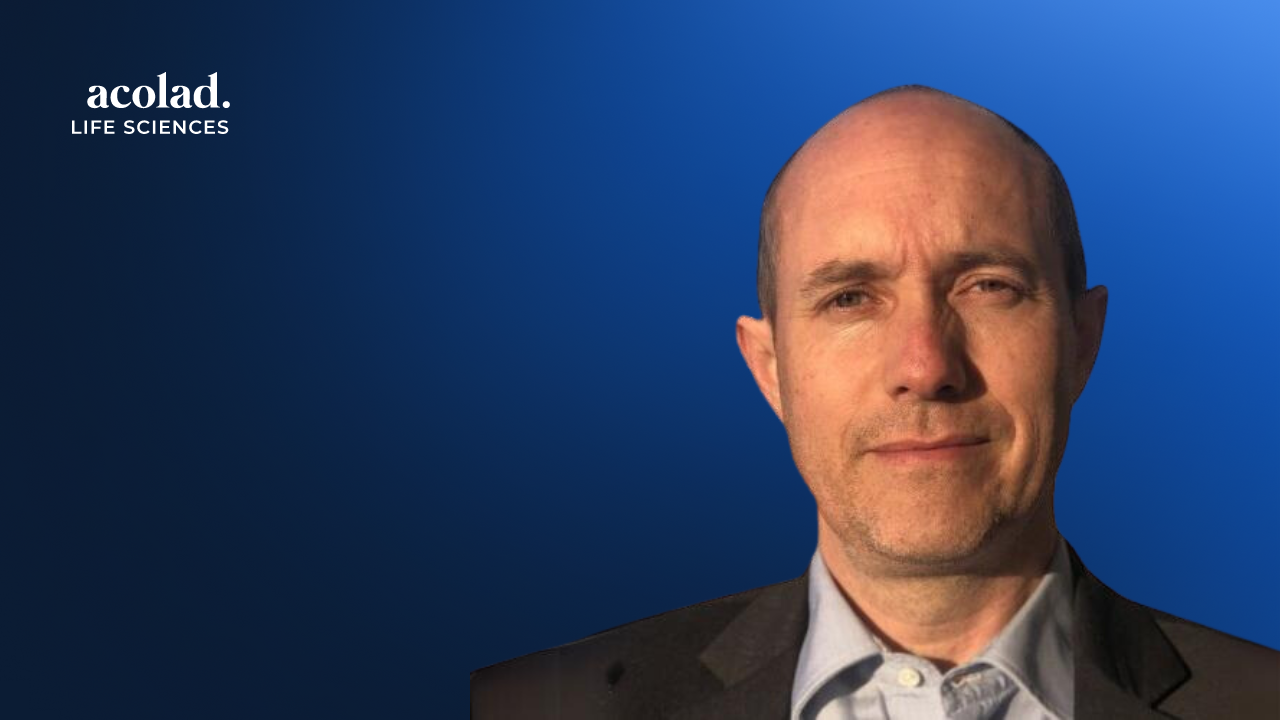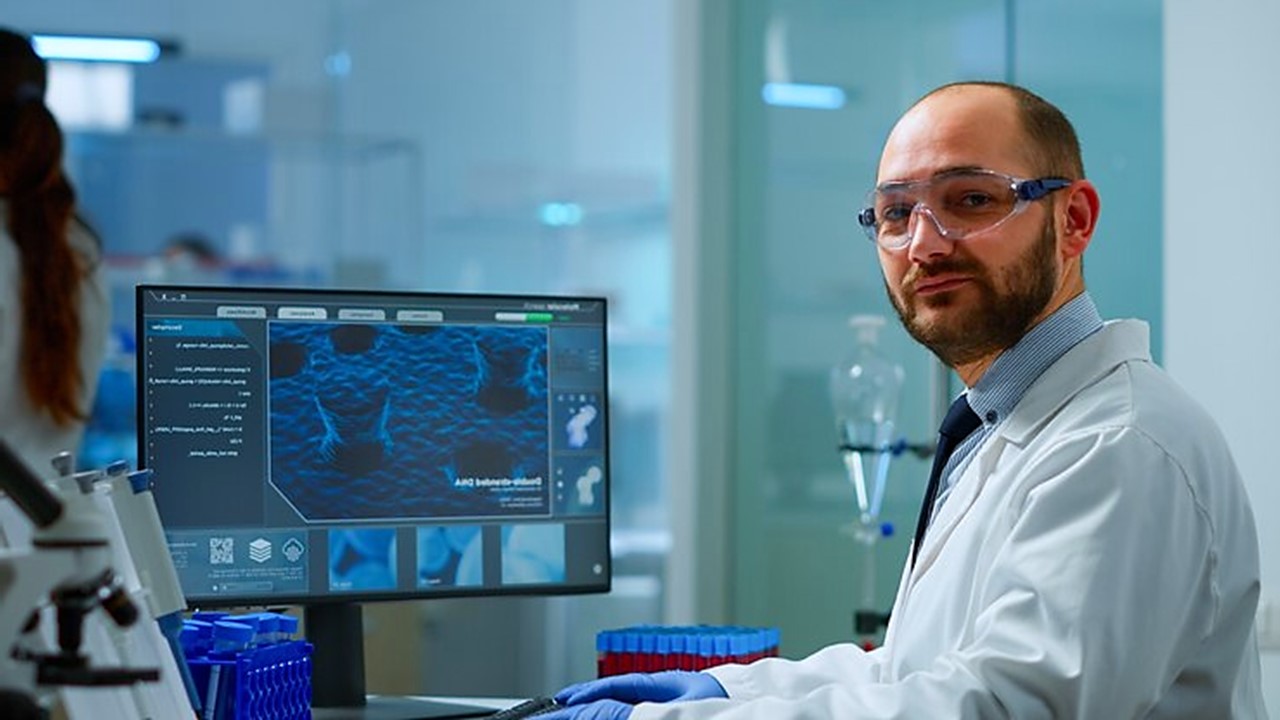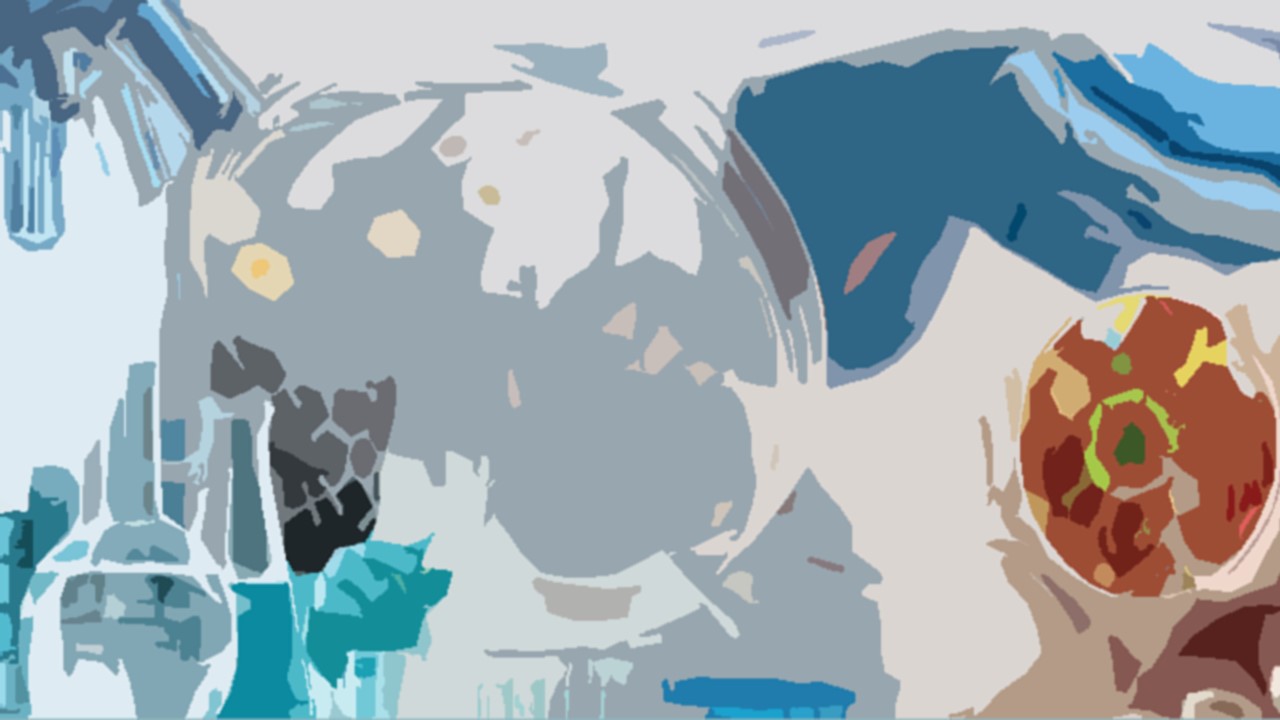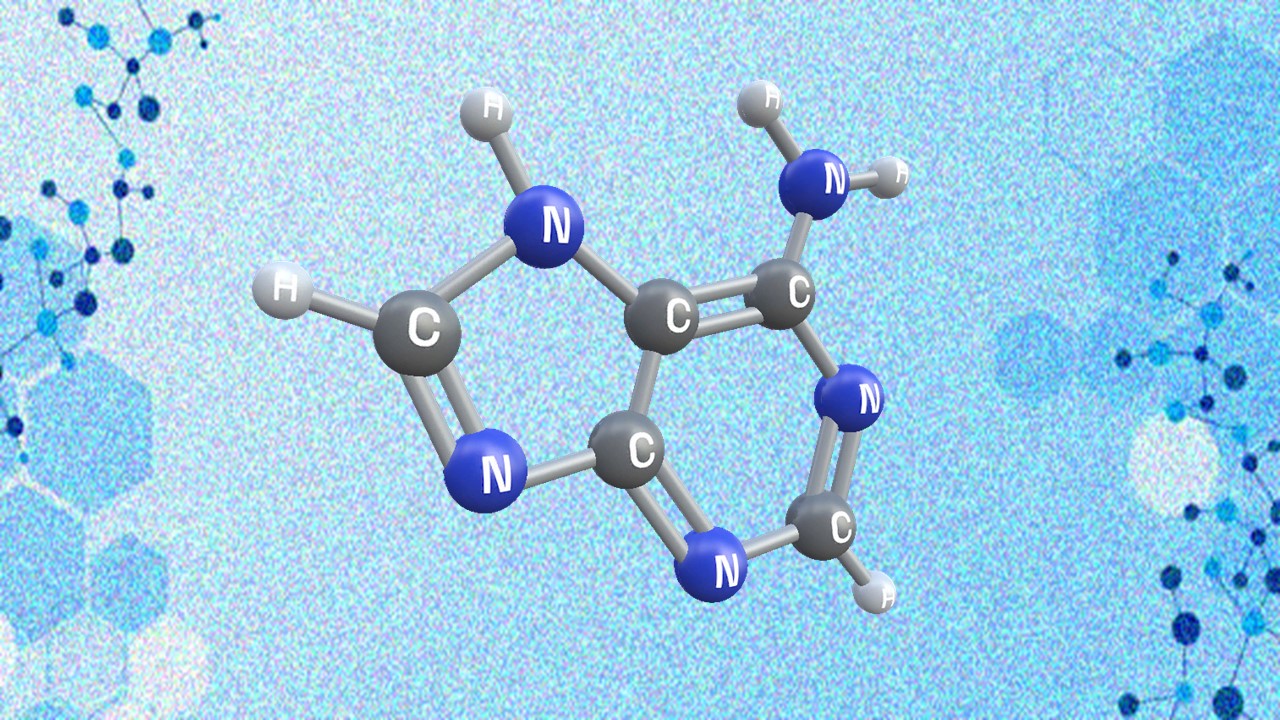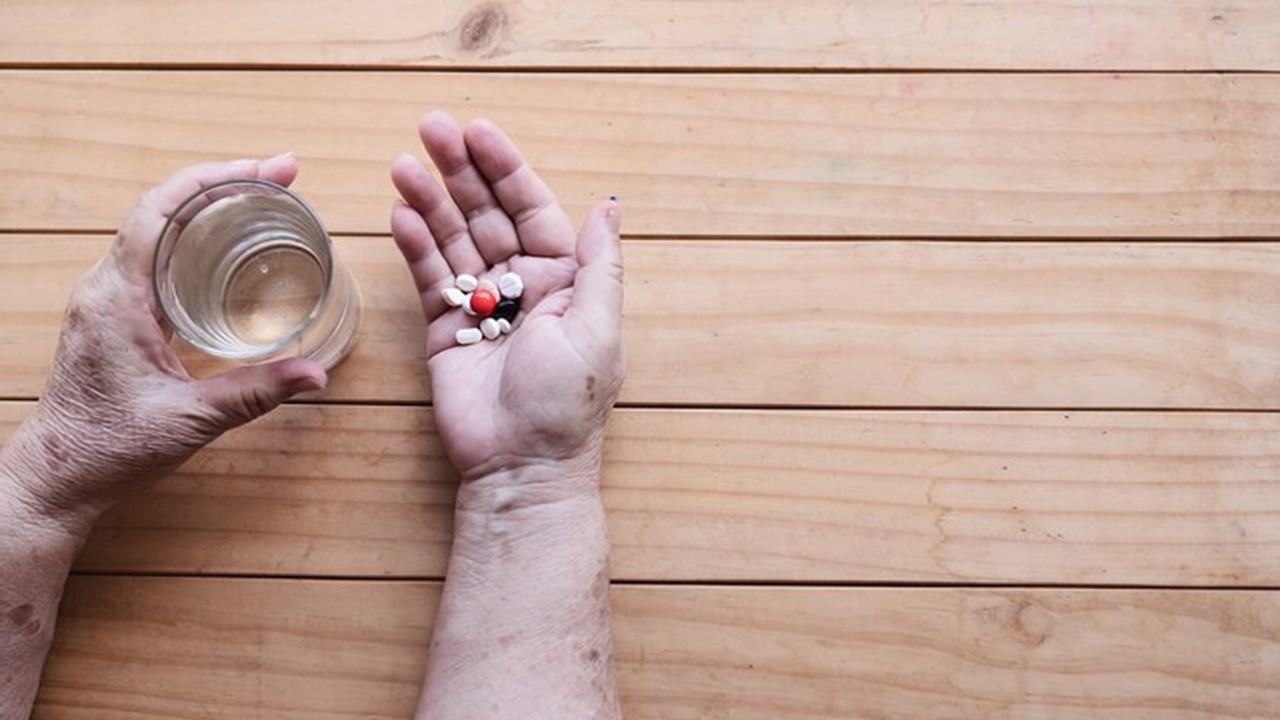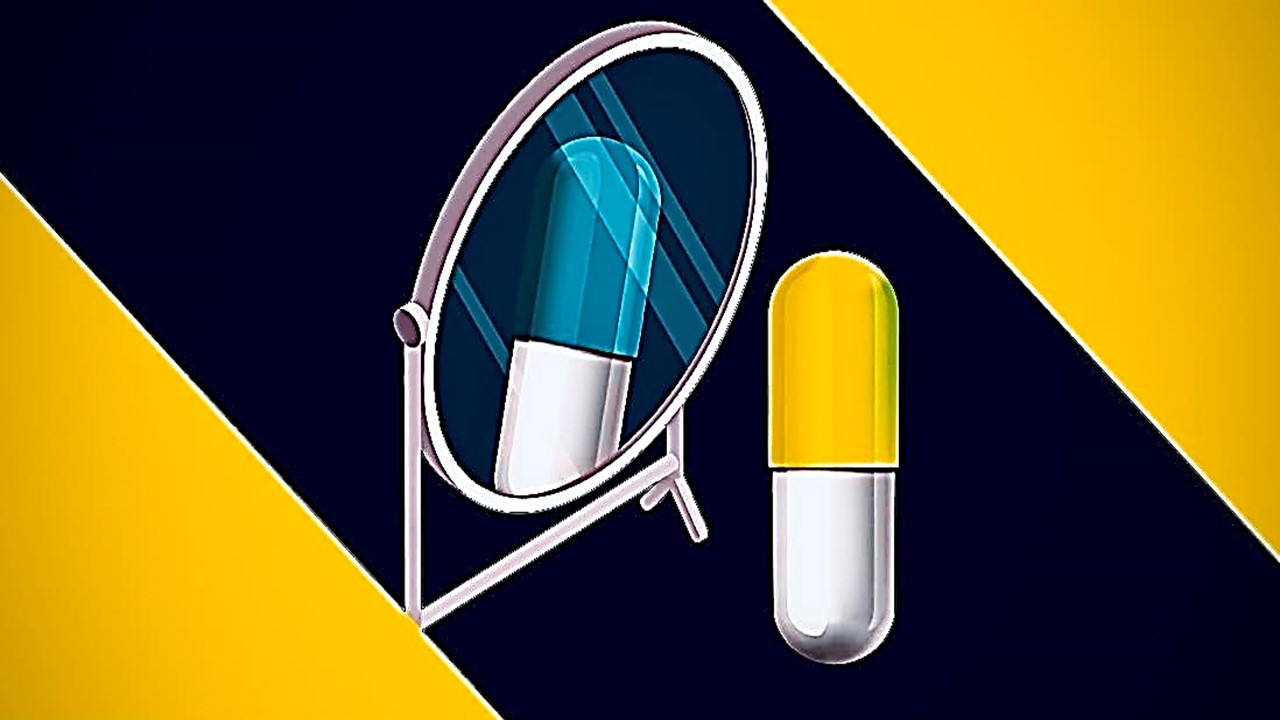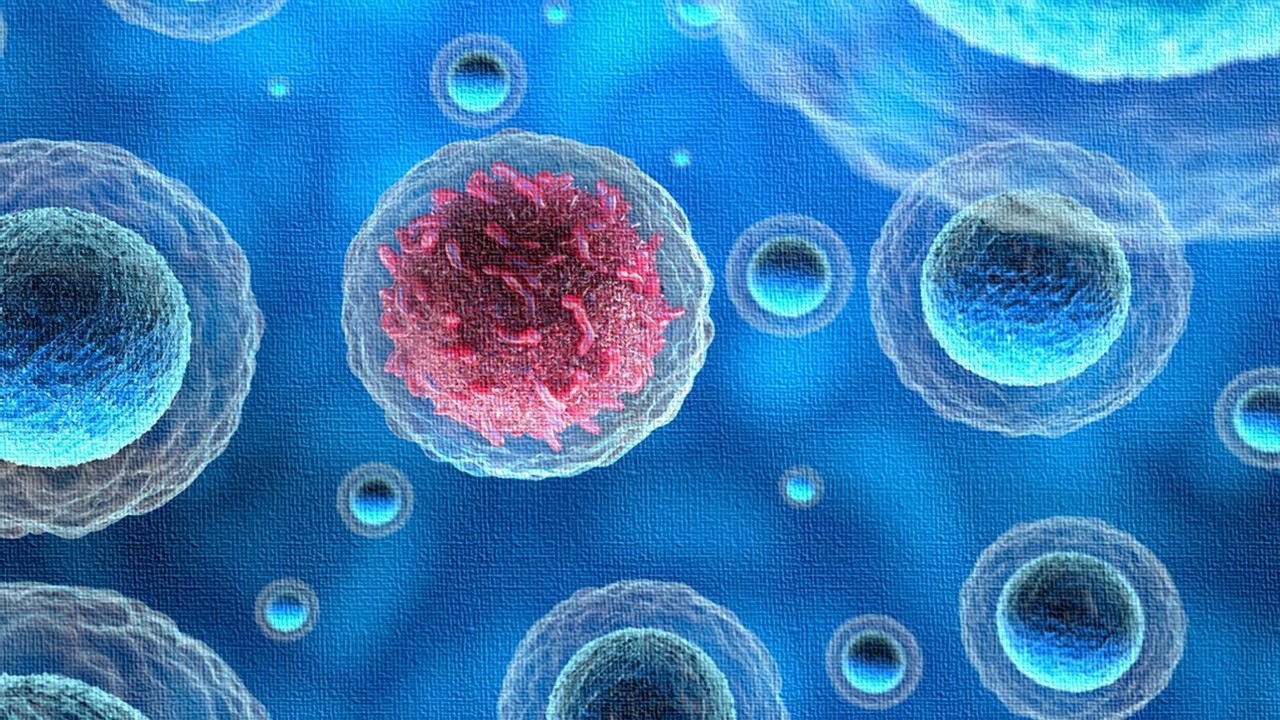With psychiatric medicine in dire need of innovation, research focus throughout the 2010s has trended towards taking another look at a rather neglected source of treatment: psychedelic drugs. In the past, research in psychedelic drugs was rife with prejudice and moral quandaries. The story today is different, with recent studies showing potential for treating diseases that have grown in prevalence, such as major depressive disorder. The need for new therapeutic agents is particularly important in the context of treatment resistant (or refractory) depressive disorder. The most investigated drugs have been psilocybin (derived from ‘magic mushrooms’), lysergic acid diethylamide (LSD), 3,4-Methylenedioxymethamphetamine (MDMA) and N,N-dimethyltryptamine (DMT).
Psilocybin
Out of all the psychedelics, psilocybin is by far the one that has received the most research attention in the last decade, with over eleven studies investigating the drug. Compass Pathways started a trial in 2019, in partnership with King’s College London, on the effects of a formulation of psilocybin (COMP360 Psilocybin). In November 2021, the company announced positive topline results from their Phase IIb. The results showed few adverse effects and good tolerance for the treatment. Unlike many other trials in the field, 94% of the participants in Compass’ trial had no prior experience with psilocybin. After establishing a 25mg dose is far more effective than smaller doses, Compass is expected to commence a larger phase III trial in 2022. The company had already received a Breakthrough Therapy FDA designation in 2018.
Imperial College London established the Centre for Psychedelic Research, showing the improvement in attitudes for research linked to psychedelics. Imperial also carried out a pioneering study comparing the effectiveness of psilocybin against an established antidepressant, escitalopram. Though the study found no significant difference in improvement in primary outcomes (i.e. the established metrics for measuring the symptoms of Major Depressive Disorder), psilocybin did show significantly better improvements in secondary outcome. Further research is recommended, with better definitions and comparisons for such secondary outcomes.
Research published in Science Advances also shows potential for psilocybin to be used as a treatment for substance abuse disorders, particularly alcohol addiction. The study discovered that reduced mGluR2, a glutamate G-coupled receptor, showed reduced function in alcohol-dependent mice. Psilocybin treatment showed significant relapse prevention in mice. Such findings were also shown in previous studies, but the exact molecular mechanism had not been identified before. Human trials have also been planned to study the effects of psilocybin on alcohol addiction in humans.
3,4-Methylenedioxymethamphetamine (MDMA)
MDMA has also shown potential for treating Post-Traumatic Stress Disorder (PTSD), with the treatment also receiving a Breakthrough Therapy designation by the FDA in 2017. It is speculated that MDMA may “catalyze therapeutic processing by allowing patients to stay emotionally engaged while revisiting traumatic experiences without becoming overwhelmed“. Indeed, MDMA shows a rapid onset of therapeutic effects in patients with PTSD, even for severe PTSD or patients with numerous other comorbidities (such as depression, substance abuse disorder and other traumas). The trials for MDMA are led by the Multidisciplinary Association for Psychedelic Studies (MAPS), with Phase III trials already underway in the USA, Canada and Israel.
Lysergic Acid Diethylamide (LSD)
MAPS has also sponsored research showing that LSD can reduce anxiety associated with life-threatening conditions. Improvements in anxiety symptoms were shown to be sustained for over a year in trial participants who received LSD, although research is still at a very early stage and further trials are required before solid conclusions can be formed. With a higher number of people living with terminal illnesses however, treatments such as these will only grow more relevant. As more people find themselves at an end-of-life stage, palliative care must adapt to deal with conditions concomitant to such illnesses: depression, chronic pain, unresolved family problems and more general anxiety.
N,N-dimethyltryptamine (DMT)
Small Pharma, a UK-based company, has been leading the research on the effects of DMT. It has been granted Fast Track designation from the UK Medicines and Healthcare products Regulatory Agency for its formulation of DMT, SPL026, for treating Major Depressive Disorder. The treatment has already completed a Phase I trial, with Phase II trials having already begun in October. Advantages of DMT therapy include short treatment sessions, as its psychedelic effects usually last less than half an hour.
Ketamine
In the USA, Esketamine, a substance similar to Ketamine, has been approved as a nasal spray for treating depression by the FDA. Branded as Spravato by Johnson & Johnson, the approval followed highly successful research showing its fast-acting effects in treating major depressive disorder and suicidal thoughts. This is unlike traditional antidepressants, which take weeks to achieve similar effects. Additionally, the majority of side-effects of Esketamine wear off within a period of 90 minutes, although questions remain over long-term cognitive effects. However, the value of Esketamine in treating refractory depression cannot be discounted. The approval of Spravato by the FDA has also spurred on further research into ketamine, and psychedelics in particular.
Ibogaine
Ibogaine is another substance with potential for use in mental illnesses. Research carried out in the 1990s had shown significant potential for the attenuation of substance abuse disorders, particularly opioid addiction; however, the research was discontinued. New research on ibogaine has been given the green light to resume in the UK, with Phase I/II trials having started this September on DMX-1002. DMX-1002 is a formulation of Ibogaine developed by DemerX of atai Life Sciences. With opioid and painkiller abuse rising at alarming rates throughout the developing world as a result of an aging population seeking to manage chronic pain, drugs like ibogaine could help turn the tide. Older research also indicated potential in treating other substance abuse disorders as well as compulsive behaviour in general – although this area has not been explored recently.
Research carried out on psychedelics is always accompanied by therapy and guidance. This is expected to be key to the function of the drug. Multiple studies show that this psilocybin, as well as other psychedelics, increase neuroplasticity in animals and humans. This makes it easier for the patient to break out of established thought patterns and create new ones, although it is not something the drug will do by itself. That is why a therapist is deemed necessary.
Having fallen by the wayside for decades due to the war on drugs, research in the use of psychedelics for clinical applications is experiencing a renaissance. Multiple studies have proven their effectiveness in treating a host of mental disorders – from substance dependence to depression. These are areas of psychiatric medicine that are in dire need of innovation. Though societal and regulatory obstacles do remain, researchers have been steadily overcoming them – indeed, the state of Oregon made headlines this year by allowing the use of psilocybin as part of supervised psychedelic assisted therapy.
Another obstacle that remains for the pharmaceutical industry is the ability to clearly define a therapeutic agent, as the actual composition of psychedelics has varied over the years. This is particularly important when formulating a substance that is both efficacious and can be patented so that the investment and innovation put forth by its creator can be secured. Despite these obstacles, studies continue unabated and the pharmaceutical industry seems to be embracing the field of psychedelic therapy.
Nick Zoukas, Former Editor, PharmaFeatures
Subscribe
to get our
LATEST NEWS
Related Posts

Clinical Operations
Supervised Learning: Harnessing Data to Revolutionize Patient Care
As healthcare enters a new era, the integration of ML promises to revolutionize oncology and medicine.
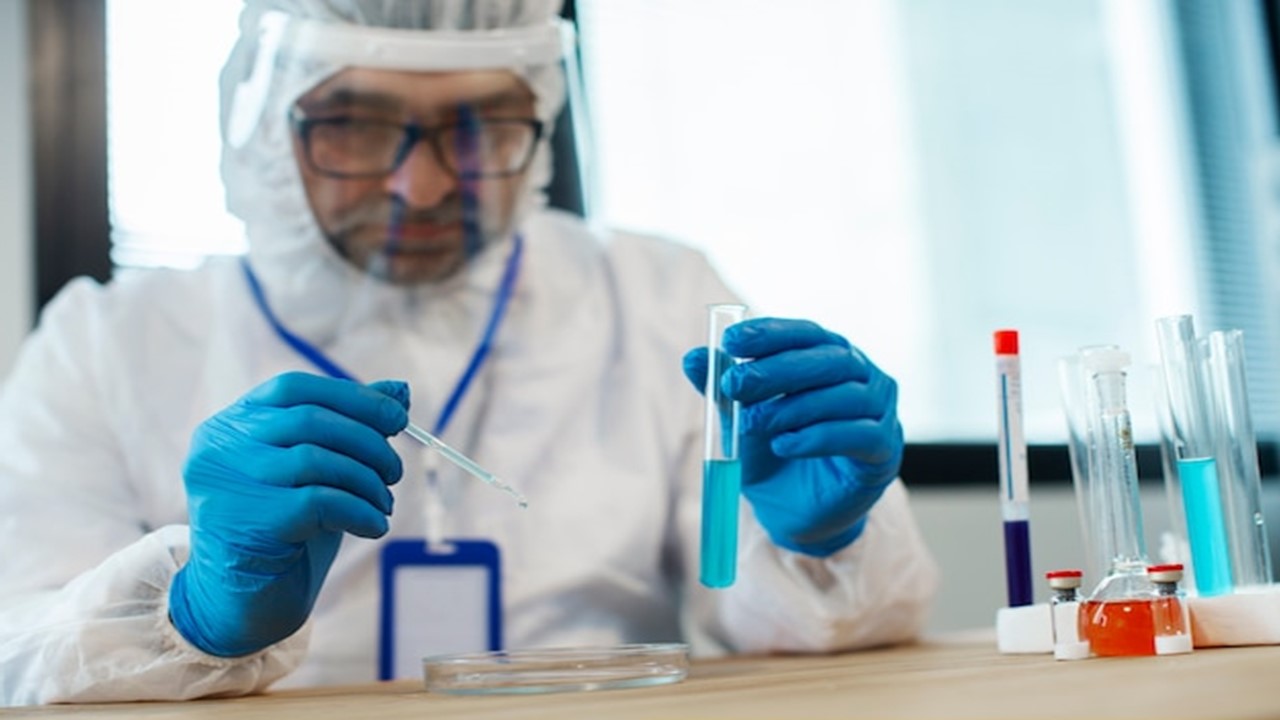
Drug Discovery Biology
Unveiling the Elusive: The Prevalence Problem in Drug Discovery
When it comes to developing new drugs, researchers encounter a formidable challenge: the prevalence problem.
Read More Articles
Synthetic Chemistry’s Potential in Deciphering Antimicrobial Peptides
The saga of antimicrobial peptides unfolds as a testament to scientific ingenuity and therapeutic resilience.
Appreciating the Therapeutic Versatility of the Adenine Scaffold: From Biological Signaling to Disease Treatment
Researchers are utilizing adenine analogs to create potent inhibitors and agonists, targeting vital cellular pathways from cancer to infectious diseases.
Bioavailability and Bioequivalence: The Makings of Similar and “Close Enough” Drug Formulations
Scientists are striving to understand bioavailability complexities to ensure the equivalence of drug formulations from different manufacturers, crucial for clinical effectiveness.

